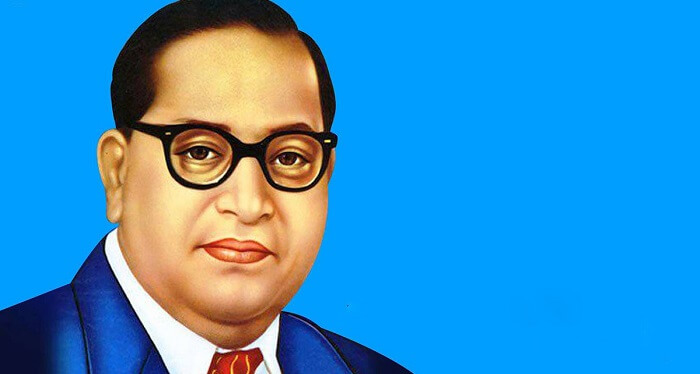He fought for equality between the castes: Who is Buimrao Ramji Ambedkar?
He became a Buddhist in 1956, rejecting the Hindu religion based on caste. After this decision, which was a kind of protest, hundreds of thousands of pariahs followed him and accepted Buddhism.

(1893-1956) Indian politician. Born in Mahya Pradesh, died in New Delhi. He was the son of a very poor Mahar family of lower caste. His father was an officer in the Indian army. He studied at the US, British and German universities with the US scholarship he won. While at Columbia University, he was influenced by John Dewey, a professor of philosophy. His views on social reforms became stronger. After returning to India, he tried to work as a civil servant for a while; but when he could not fit in with his colleagues from the upper castes, he quit this job; started teaching. He soon became known as a leader among the Mahars. It offered freedom and equal rights for all castes. In 1924, he founded an organization called the Institute of the Oppressed Classes, which aimed to contribute to the economic development and education of the lower castes.
Between 1930 and 1932, he participated in the Round Table Conferences held in London to discuss the political future of India. He advocated for the constitutional rights of the lower castes during the talks. After the declaration of the Government of India Act, which brought new legal regulations in 1935, he started to organize conferences and publish newspapers in order to unite the Mahars. In 1942, he was elected a member of the legislature as the representative of sixty million pariahs from the lower castes of India. He worked to improve the social situation of the Mahars and other lower castes and to provide them with job opportunities. He served as minister of justice in the government of India from 1947-1951. He made important contributions to the drafting of the Indian constitution. He made an effort to prevent caste discriminatory clauses from being included in the constitution and was largely successful. He resigned from his post in 1951 due to having little influence in the government.
Ambedkar felt that the gains in favor of the pariahs were very limited. For this reason, disagreements arose between him and Gandhi, who was in favor of moderate methods. Gandhi found Ambedkar's demands too militant and criticized his desire to mobilize pariahs in the political arena.
